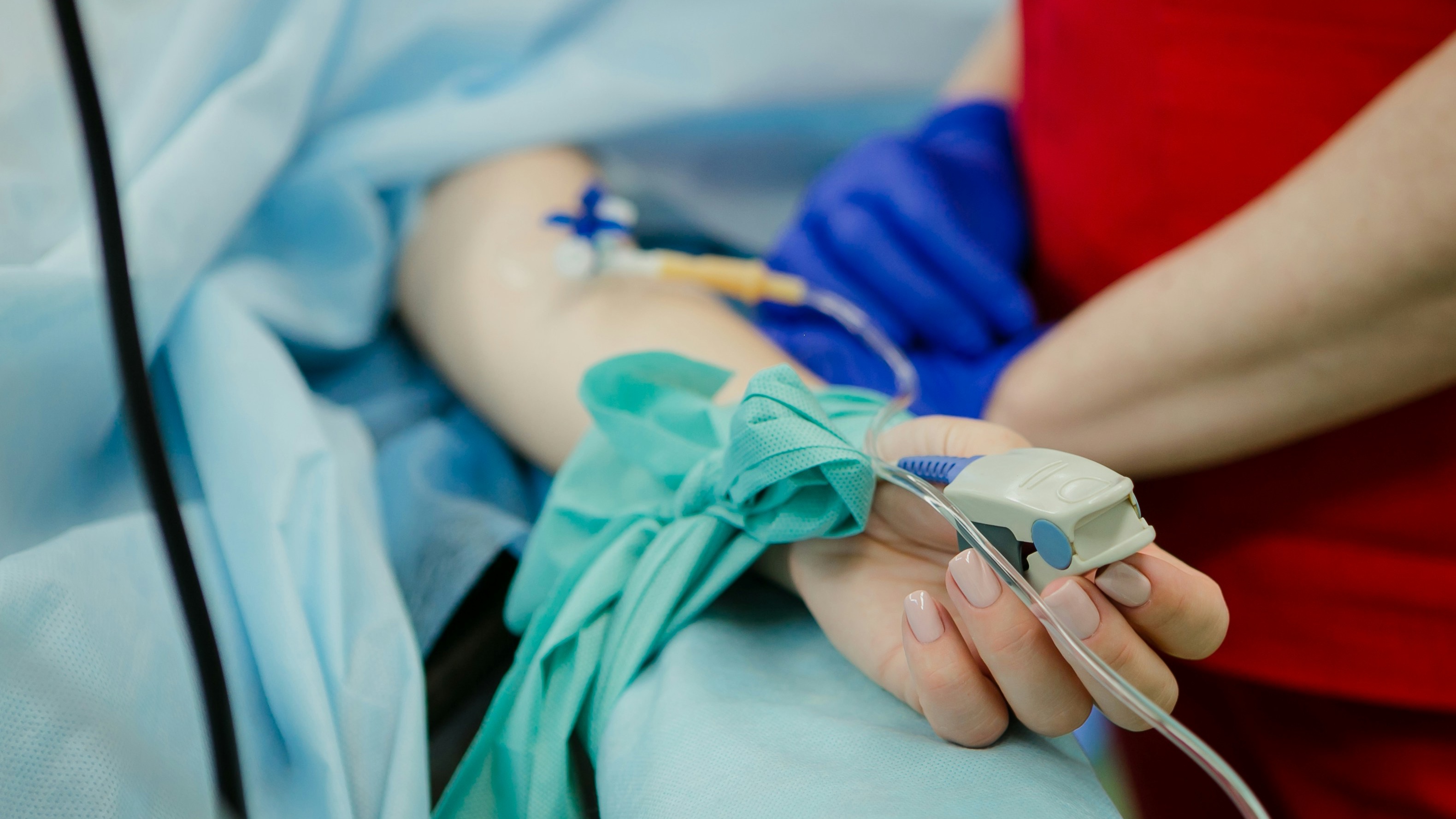Research Alliance Leibniz INFECTIONS
Improved hygiene and better prevention and treatment have diminished the incidence of infectious diseases particularly in industrialised countries. However, increasing antibiotic resistance, emergence of new pathogens, together with changes in pathogen distribution due to altered climate and mobility are global challenges for humankind. The Research Alliance Leibniz INFECTIONS aims to establish an interdisciplinary research agenda and opens up new avenues of communication across disciplines. New strategies and methods for early warning and outbreak management systems will be developed to control spread of pathogens.








